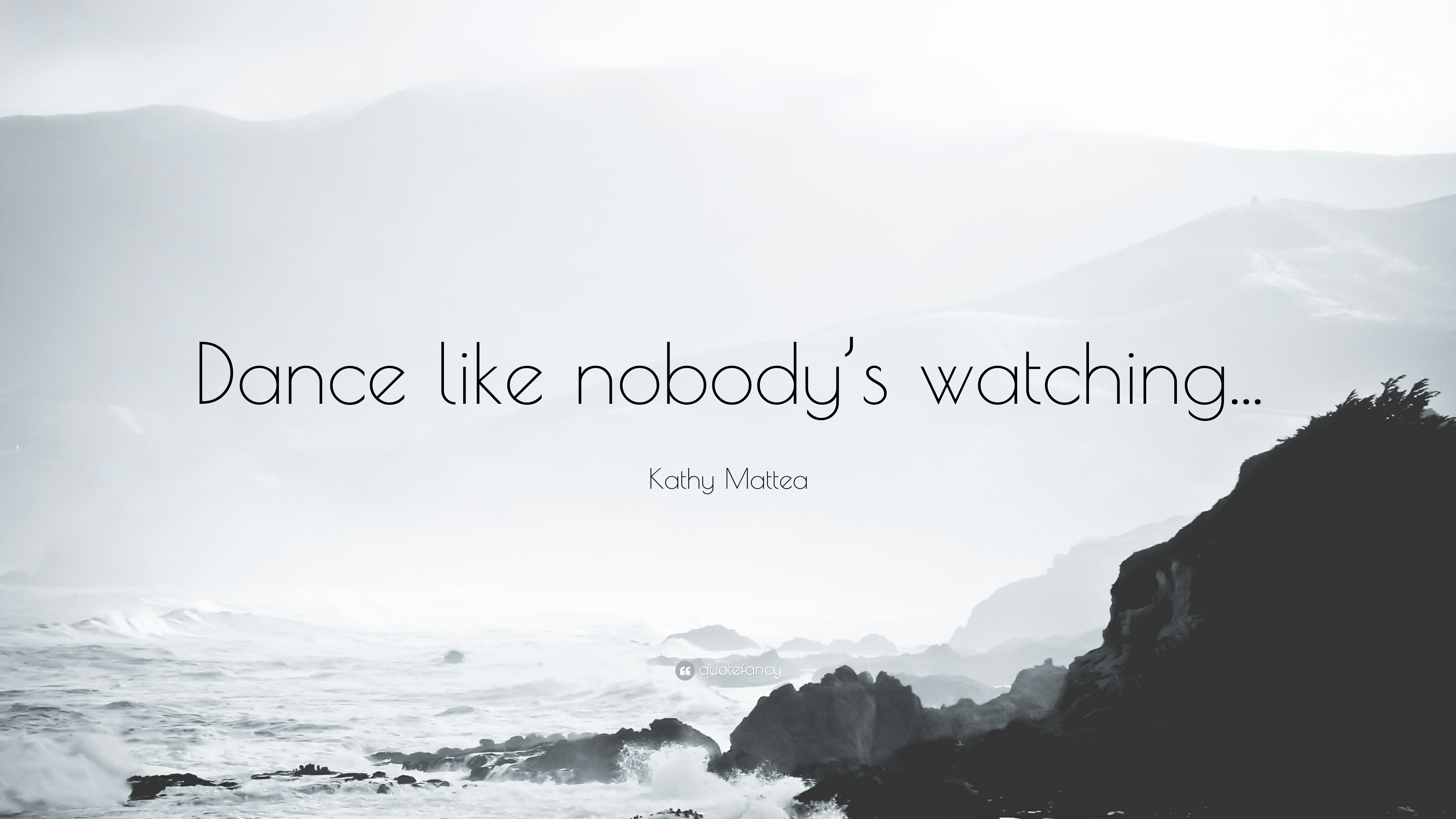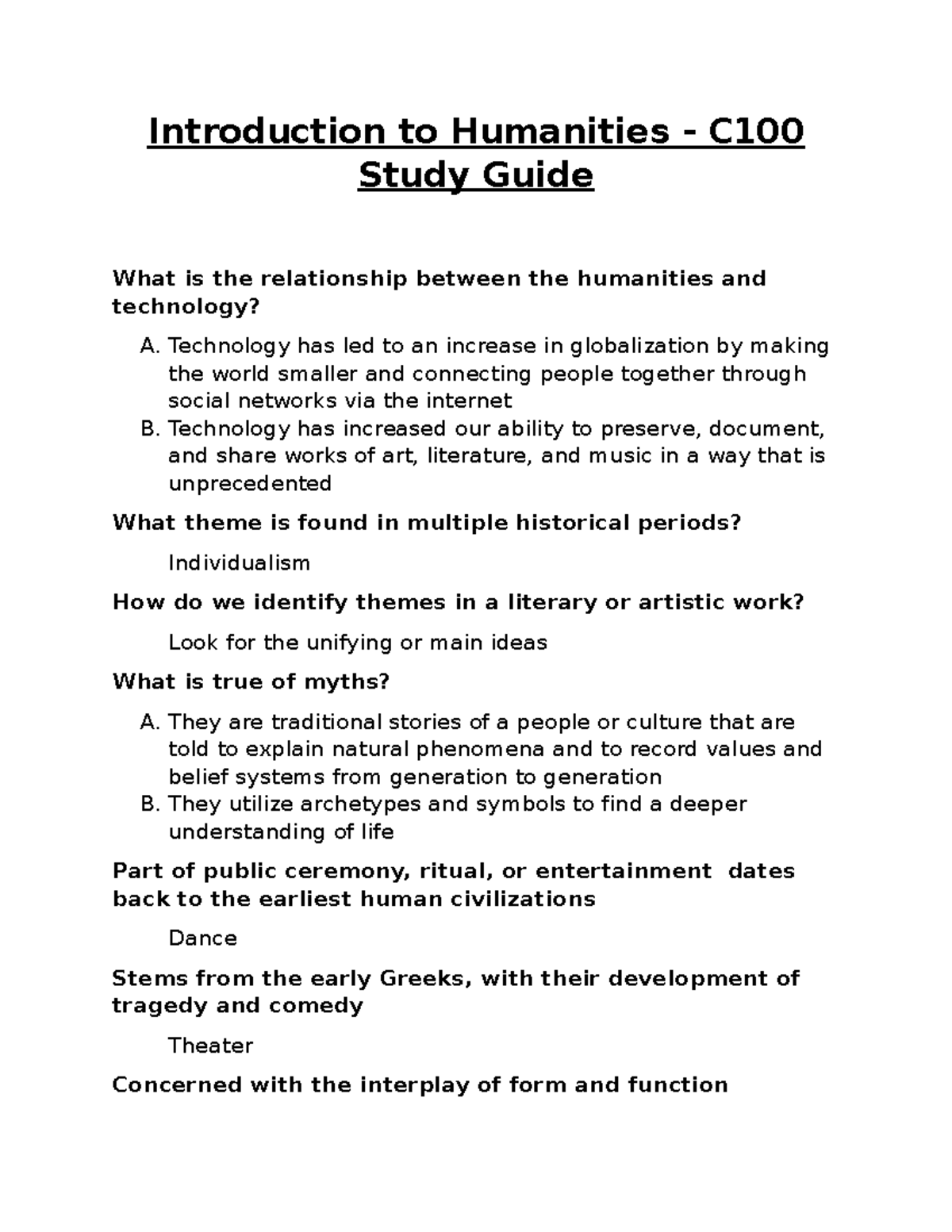Arts and Humanities Introduction: Engaging First-Year Students
May 7, 2025 | Culture News | No Comments

Arts and humanities introduction plays a critical role in shaping our understanding of culture, identity, and society. As institutions like Harvard take innovative steps to revitalize their humanities curriculum, new introductory humanities courses are being introduced that aim to captivate first-year students. These courses not only emphasize the importance of humanities for personal and intellectual growth but also address the declining interest in arts education across the nation. By focusing on engaging content and contemporary themes, these educational initiatives promise to inspire students to explore the richness of human experience. As students embark on their academic journeys, the integration of these courses aims to kindle a lasting appreciation for the arts and humanities, ensuring their relevance in today’s rapidly changing world.
The introduction to the field of arts and humanities serves as a gateway for students to engage with the vast tapestry of human thought and creativity. As educational institutions innovate their approaches, they unveil new courses designed to captivate and inspire first-year scholars to delve deeper into their studies. This restructuring enriches the humanities curriculum and underscores the significance of these disciplines, which have often been overshadowed in more practical-focused academic settings. By offering a diverse range of topics, from literary analysis to philosophical inquiries, schools aim to illuminate the fundamental questions of existence and culture. Engaging with these subjects fosters a greater understanding of the human condition, empowering students to articulate their perspectives and contribute meaningfully to society.
The Role of Introductory Humanities Courses in First-Year Arts Education
Introductory humanities courses serve as a vital stepping stone for first-year students venturing into the expansive world of arts and culture. By presenting engaging and thought-provoking material, these courses aim to hook students from the outset, fostering a deeper connection to core themes in literature, philosophy, and the arts. The recent initiative at Harvard to innovate its introductory humanities offerings demonstrates a heightened awareness of the importance of engaging first-year students. As Dean Sean Kelly emphasizes, these early courses should strive not only to educate but also to inspire students to pursue their studies in the humanities throughout their college experience.
The significance of these introductory courses cannot be overstated, particularly in light of declining interest in the arts and humanities among high school students. By offering fresh perspectives and diverse topics, institutions can reignite a passion for these disciplines. The approach to teaching introductory humanities at Harvard aims to address the needs and interests of students, allowing them to see the relevance of these subjects to their lives while simultaneously building a strong foundation for further academic exploration in arts and humanities.
Curriculum Innovation in Arts and Humanities at Harvard
Harvard’s recent curriculum innovation initiative marks a transformative moment for the arts and humanities, showcasing a strategic commitment to enhancing the educational experience for undergraduates. With the introduction of nine new introductory courses, the goal is to provide students with more varied and compelling options, thereby increasing enrollment and retention in these vital disciplines. This shift from traditional course offerings to a more flexible, student-centered curriculum reflects an acknowledgment of the changing landscape of higher education and the need to adapt to new generations of learners.
The innovative courses, covering diverse topics such as “Introduction to the Medical and Health Humanities” and “Migration and Border Crossing in Film and Photography,” represent a deliberate effort to attract students by focusing on contemporary issues and relatable content. This fresh approach allows students to draw connections between their studies in the humanities and the pressing questions of their time, enhancing the perceived importance of these fields. By rethinking the humanities curriculum, Harvard sets a precedent for other institutions to follow, prioritizing a responsive and engaging educational model.
Engaging First-Year Students with Arts and Humanities
To capture the interest of first-year students, it is crucial to present the arts and humanities as not only intellectually stimulating but also emotionally resonant. By engaging students through courses that explore significant and impactful themes, educators can reignite a passion for humanistic studies. This approach aligns with the belief that authentic engagement is essential for students to appreciate the intrinsic value of the humanities, moving beyond rote learning to fostering genuine interest and curiosity.
The introduction of dynamic courses, such as “HUM 9: Reading for Fiction Writers,” showcases the potential for active engagement by blending critical analysis with creative writing. This strategy not only makes literature more accessible but also illustrates how storytelling is intertwined with human identity. As first-year students dive into these new offerings, they are encouraged to actively participate, critically analyze, and ultimately recognize the relevance of arts and humanities in their own lives.
The Importance of Humanities in Today’s Society
The importance of humanities in today’s society cannot be overstated, particularly as we confront complex social, cultural, and ethical challenges. Humanities disciplines encourage critical thinking, empathy, and a deeper understanding of the human experience, all of which are essential skills in an increasingly interconnected world. Courses in this field urge students to delve into philosophical questions and cultural narratives, enhancing their ability to navigate the complexities of modern life.
As Dean Kelly articulates, the value of studying the humanities extends beyond practical application; it encompasses the cultivation of a well-rounded human being. Engaging with literature, art, and philosophy sharpens one’s critical faculties, promotes empathy, and nurtures a sense of shared human experience. In light of this, prioritizing humanities education within academic curricula is vital—not only for fostering individual growth but also for nurturing a more informed and compassionate society.
Hooking Students Through Relevant Content
One of the keys to successfully engaging first-year students in the humanities lies in presenting content that resonates with their experiences and interests. By introducing relevant material that grapples with contemporary issues or timeless human themes, professors can spark curiosity and dialogue among students. This thoughtful curation of course content is crucial for creating a vibrant learning environment that motivates students to explore deeper into the fields of arts and humanities.
Courses like “Bob Dylan the Classic” and “Culture in Context” focus on culturally significant topics that connect with students on a personal level. This approach helps illuminate the value of the humanities by showing how they interact with real-world issues. As students engage with these relevant themes, they cultivate a deeper understanding of their societal context, further motivating them to continue their studies within these essential disciplines.
Challenges of Traditional Humanities Education
Traditional humanities education has faced numerous challenges, particularly in enticing new students and adapting to changing societal values. Many first-year students arrive at university with preconceived notions about what the humanities entail, often feeling disconnected from the core subjects due to outdated curricula or a lack of engaging teaching methods. As Dean Kelly highlights, the struggle to define what constitutes a ‘great work’ contributes to the hesitancy in students to pursue these fields.
The historical context of the “Canon Wars” has left its mark on the way humanities courses are perceived and structured, leading to debates about the value and relevance of certain literary and artistic traditions. By embracing innovative curriculum designs that prioritize student engagement and contemporary issues, educational institutions can overcome these hurdles, transforming the introductory humanities experience into one that resonates deeply with students from diverse backgrounds.
Skills Developed Through Humanities Education
Enrollments in arts and humanities courses provide students with critical skills that are applicable across various fields and industries. Courses within the humanities cultivate abilities such as analytical thinking, intercultural literacy, and effective communication, which are increasingly valuable in today’s global job market. By emphasizing these critical skills, students can appreciate the broader implications of their humanities education as they prepare for their future careers.
Moreover, studying humanities encourages students to engage with complex texts and diverse perspectives, enhancing their ability to think critically and solve problems. These skills are essential not just in academia, but also in professional settings where understanding human behavior and social context are paramount. By fostering such capabilities, the humanities offer students a rich appreciation of both personal and collective human experiences.
Future Directions for Arts and Humanities at Harvard
Looking ahead, the future direction of arts and humanities education at institutions like Harvard hinges on continuous innovation and adaptability. As cultural values shift and technological advancements reshape educational landscapes, the humanities must evolve to remain relevant and compelling. This evolution may involve incorporating interdisciplinary approaches, utilizing technology in classroom settings, and further expanding the range of topics covered in introductory courses.
Moreover, institutions are likely to explore partnerships with cultural organizations and community initiatives, allowing students to engage in real-world applications of their humanities education. By fostering collaboration and practical engagement, the arts and humanities can enhance their impact and relevance, ensuring that future generations appreciate and embrace these vital fields.
Understanding the Intrinsic Value of Humanities Education
At its core, humanities education is fundamentally about understanding the human condition. Rather than focusing solely on the instrumental value of these disciplines, educators must strive to convey their intrinsic importance. This perspective invites students to explore profound questions about existence, identity, and interpersonal relationships, which ultimately enriches their educational experience and personal growth.
As Dean Kelly emphasizes, the goal of introductory humanities courses is not only to bolster enrollment but to instill a love for learning and a recognition of the value of engaging with complex ideas. By highlighting the intrinsic value of arts and humanities, higher education can nurture informed, empathetic individuals who are prepared to contribute positively to society.
Frequently Asked Questions
What is the significance of introductory humanities courses in a student’s education?
Introductory humanities courses play a crucial role in a student’s education by fostering critical thinking, cultural awareness, and an appreciation for the arts and humanities. At institutions like Harvard, these courses are designed to engage first-year students and instill a passion for further studies in the humanities, addressing a concerning national trend of declining interest in these fields.
How do first-year arts education courses differ from traditional humanities classes?
First-year arts education courses are tailored to be more engaging and relevant to students’ interests, incorporating innovative teaching methods and contemporary topics. These courses aim to captivate students’ attention and spark a lasting interest in the arts and humanities, contrasting with traditional humanities classes that may not resonate as strongly with new learners.
What innovations are being introduced in the humanities curriculum at Harvard?
Harvard is innovating its humanities curriculum by launching nine new introductory courses, specifically designed to attract first-year students. These courses focus on contemporary issues and diverse topics in the humanities, reflecting a commitment to making the arts and humanities more relatable and accessible to a broader range of students.
Why is there a decline in interest in the humanities among first-year students?
The decline in interest in the humanities among first-year students can be attributed to a lack of emphasis on these subjects in high school, as well as unengaging introductory courses. Many students enter college expressing interest in the humanities but often shift their focus to other majors by the time they declare, highlighting the need for reform in how these subjects are presented.
What courses are being offered as part of the first-year humanities initiative at Harvard?
As part of the first-year humanities initiative, Harvard will offer courses like ‘Introduction to the Medical and Health Humanities’, ‘Bob Dylan the Classic’, and ‘Humanity, Technology, and Creation’. These courses aim to connect with students’ experiences and interests while providing a foundational understanding of key concepts in the arts and humanities.
How do humanities courses help students understand their intrinsic value?
Humanities courses help students recognize their intrinsic value by encouraging them to explore profound questions about human existence, culture, and identity. By engaging with great literature, philosophy, and art, students learn to appreciate the role these disciplines play in shaping our understanding of the human experience.
What role do introductory arts and humanities courses play in fostering critical thinking?
Introductory arts and humanities courses are designed to cultivate critical thinking skills by challenging students to analyze texts, engage with diverse perspectives, and reflect on their experiences. This emphasis on inquiry and debate fosters an environment where students can develop their analytical capabilities, preparing them for complex discussions in and out of the classroom.
How can prospective students benefit from understanding the importance of humanities?
Prospective students can benefit from understanding the importance of humanities as these disciplines provide essential tools for navigating an increasingly complex world. The study of humanities fosters empathy, cultural literacy, and critical analysis, equipping students with the skills necessary to engage thoughtfully with societal issues and contribute meaningfully to their communities.
What makes the Harvard arts and humanities introductory courses unique?
Harvard’s arts and humanities introductory courses are unique due to their interdisciplinary approach, innovative topics, and emphasis on engaging first-year students. The courses are designed not only to introduce foundational concepts but also to connect students with current cultural and philosophical debates, making the learning experience vibrant and relevant.
| Key Point | Details |
|---|---|
| Introduction of New Courses | Nine new introductory courses in arts and humanities will be launched to re-engage students with the disciplines. |
| Dean’s Insight | Dean Sean Kelly emphasizes the decline in student interest in the arts and humanities and seeks innovative ways to inspire first-year students. |
| Impact of High School Education | A lack of emphasis on arts and humanities in high schools leads to decreased interest among college students. |
| Philosophy Department Success | The philosophy department saw a major increase in concentrators by focusing on engaging undergraduate experiences. |
| Course Offerings | Courses cover a variety of topics including literature, language, culture, and the significance of art in human experience. |
| Engaging Teaching Strategies | Courses are designed to resonate with students’ interests and backgrounds to facilitate deeper understanding. |
| Intrinsic Value of Humanities | Kelly aims to communicate the essential worth of studying humanities beyond mere practical applications. |
| Narrative in Humanity | Understanding narrative and story is vital for personal identity and cultural engagement. |
Summary
The arts and humanities introduction aims to re-engage students through innovative course offerings and teaching strategies that motivate interest and understanding. Dean Sean Kelly and faculty at Harvard University are pioneering a shift in how these subjects are introduced to first-year students, helping them discover the intrinsic value of the humanities in shaping human experience and identity. The emphasis on narrative and critical thinking in these courses not only broadens understanding but also enriches students’ academic journeys.
arts and humanities introduction, first-year arts education, Harvard arts and humanities, humanities curriculum innovation, importance of humanities, introductory humanities courses

